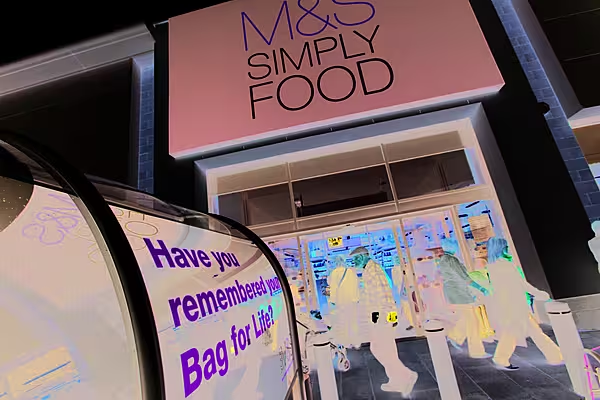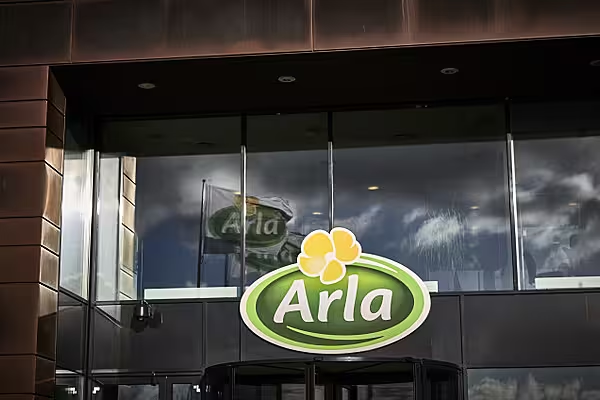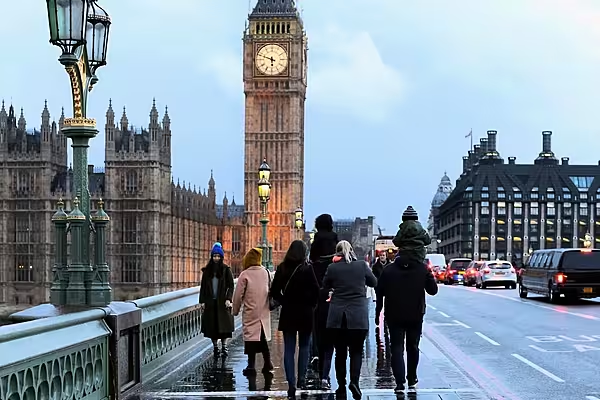Marks & Spencer announced its first stock buy-back since 2008, as the UK retail bellwether charts a recovery, though the scale of the repurchase and lack of a special dividend led to some disappointment.
The company will repurchase £150 million of shares in the current financial year, it said in a statement on Wednesday (20 May). Marks & Spencer also boosted the dividend and reported its first increase in yearly earnings since 2011.
“The buy-back is a bit disappointing,” said Jamie Merriman, an analyst at Sanford C. Bernstein. She had anticipated a £250 million repurchase.
After years of playing second fiddle to competitors such as Next, M&S announced last month that it had finally arrested a 14-quarter decline in general-merchandise sales, while also managing to grow its food sales in a shrinking market.
Optimism about the company’s performance has pushed the shares to their highest level since 2007, though they declined as much as 1.6 per cent in early London trading.
The buy-back programme comes as chief executive officer Marc Bolland reduces capital spending and starts to revive profitability through more efficient product purchasing.
The CEO, who joined five years ago, is finally starting to reap the benefits of changes to the retailer’s supply structure, making M&S less dependent on middlemen and sourcing more of its products directly from manufacturers. He’s also shifted the retailer away from a culture of discounting.
“Simply put, M&S is finally buying for less and selling for more,” Natalie Berg, an analyst at researcher Planet Retail, said in a note before the results were released.
Underlying pre-tax profit rose by 6.1 per cent to £661.2 million in the 52 weeks ended 28 March, M&S said. That compared with the £652 million average estimate of 22 analysts surveyed by Bloomberg.
In the non-food division, gross margins widened by 1.9 percentage points to 52.6 per cent, near the top end of the company’s guidance. M&S is again targeting margin expansion of 1.5 to 2 percentage points in its current financial year.
In food, Marks & Spencer said that it plans to open 250 Simply Food convenience stores in the three years by March 2017, 50 more than originally planned, in order to capitalise on a pattern among shoppers to shop more regularly. That, coupled with inflation, means that the company expects its operating costs to rise by 4 per cent this year, it said.
“Guidance for 4-per-cent cost growth this year looks very high, which is disappointing,” Merriman said.
News by Bloomberg, edited by ESM














